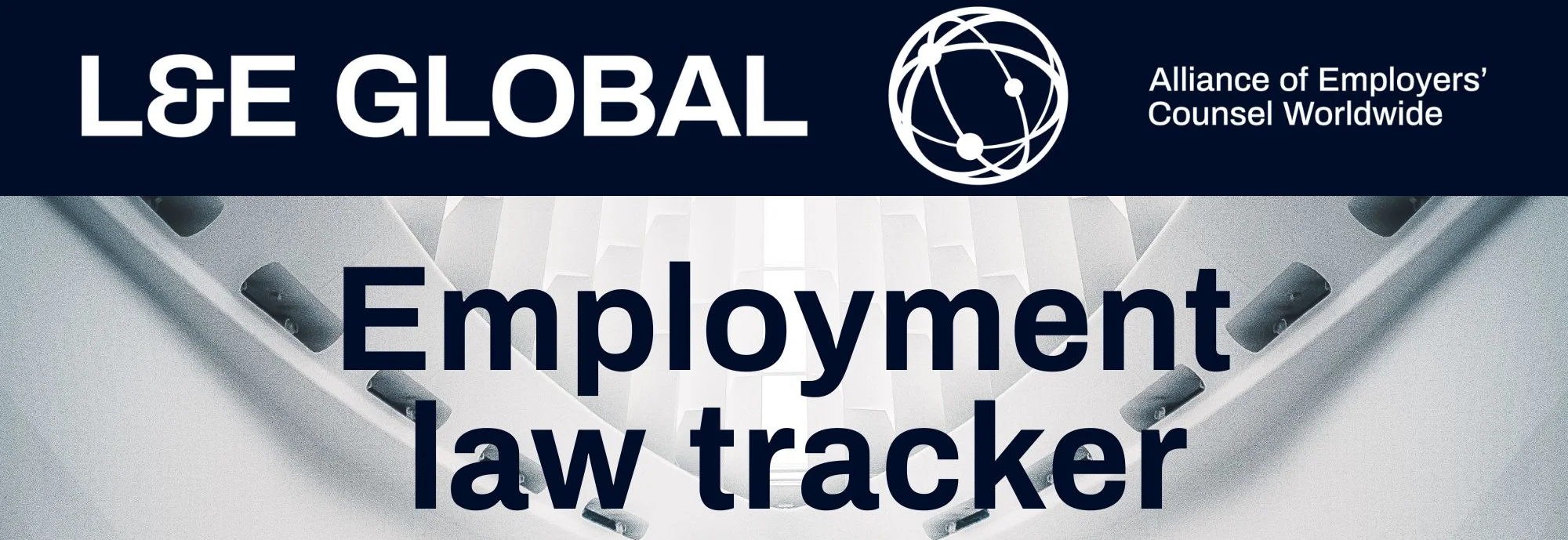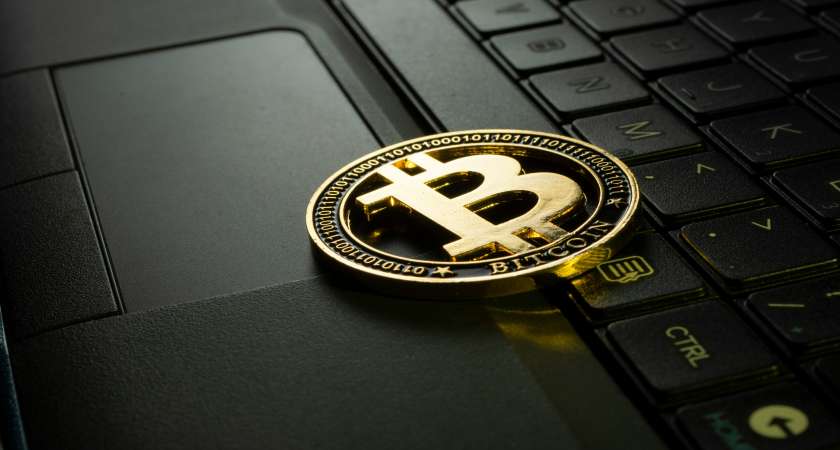This Q&A was initially publilshed on E-SIGNATURE GUIDE , provided by Ally Law, a Chambers-rated global law firm network that provides sophisticated legal services in 100 business centers worldwide.
1. Does your jurisdiction maintain a list of trusted entities to qualify e-signatures?
Yes. The Indonesian government maintains a list of certified e-signature providers, or also known as Electronic Certification Authority (“CA”) which currently includes seven registered providers (full list accessible in: https://tte.kominfo.go.id/listPSrE/_ )
Any documents that are e-signed using the listed CA shall have the same level of enforceability and admissibility as a wet-ink signature before the Indonesian court.”
2. Please provide a quick overview of the law, i.e., types of contracts that qualify for use with e-signature.
Indonesian law acknowledges 2 types of e-signatures i.e. Certified and Uncertified E-Signatures. The main difference between both types lies in the evidentiary value before the court. Generally Non-Certified e-signatures are relatively weak for evidentiary purposes. Non-Certified e-Signature must be able to be authenticated to be accepted by the courts as evidence.
Although the Indonesian Law generally accepts e-signature, it must satisfy certain conditions to be considered as valid and binding.
3. What is the legality of e-signatures in your jurisdiction? Are there key exceptions?
The use of e-signature is legal, admissible, & enforceable in Indonesia provided that it has met the conditions under the EIT Law. However, some documents must be signed with a wet-ink signature, including:
- Documents that must be produced as notarial deed (e.g. Article of Association, shareholder resolution, etc) or land conveyancer; and
- Documents that must be made in writing under the prevailing laws (e.g. negotiable instruments, letters used in the court procedural law enforcement process).
4. What is the e-signature law enforceable in your jurisdiction?
E-signature is currently regulated in Indonesia under the following regulations:
- Law 11 of 2008 on Electronic Information and Transactions, amended by Law 19 of 2016;
- Government Regulation 71 of 2019 on the Application of Electronic Systems and Transactions; and
- Minister of Communications and Informatics Regulation No. 11 of 2018 on Administration of Electronic Certification.
The article above was prepared by Marshall S. Situmorang (Partner) , Audria Putri (Senior Associate) , and Aniendita Rahmawati (Associate) .








